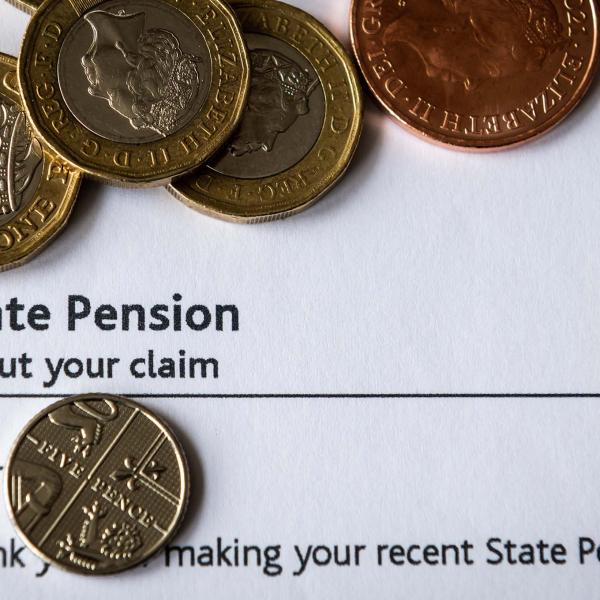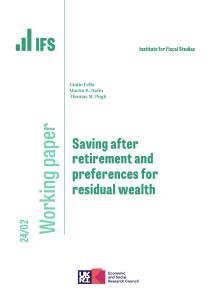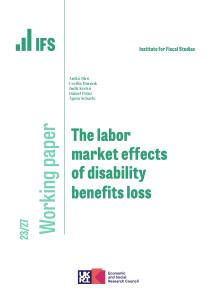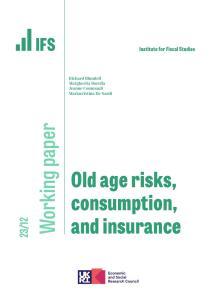This research looks at what the planned single-tier pension really means for individuals. The government has proposed replacing the current state pension rules with a new single-tier scheme for people reaching state pension age from April 2016.
In a bid to make planning for retirement less complicated, the new scheme would pay a flat rate to anyone who has made qualifying National Insurance contributions for 35 years and a pro-rata payment for anyone who has not.
The analysis by the Institute for Fiscal Studies (IFS) looks at what impact these changes would have on different generations of people.
This external report for the Joseph Rowntree Foundation is related to IFS research carried out in July 2013 entitled A single-tier pension: what does it really mean?
Authors

Gemma Tetlow

Rowena Crawford

Soumaya Keynes
Report details
- Publisher
- Joseph Rowntree Foundation
Suggested citation
R, Crawford and S, Keynes and G, Tetlow. (2014). A single-tier pension: what does it mean for individuals?. London: Joseph Rowntree Foundation. Available at: https://ifs.org.uk/publications/single-tier-pension-what-does-it-mean-individuals (accessed: 25 April 2024).
Related documents
More from IFS
Understand this issue

Retirement is not always a choice that workers can afford to make
6 November 2023

The future of the state pension
21 December 2023

Pensions are far from broken but could still use a fix
18 December 2023
Policy analysis

The future of the state pension
13 December 2023

Recent trends in and the outlook for health-related benefits
19 April 2024

4.2 million working-age people now claiming health-related benefits, could rise by 30% by the end of the decade
19 April 2024
Academic research

Saving after retirement and preferences for residual wealth
18 January 2024

The labor market effects of disability benefit loss
29 September 2023

Old age risks, consumption, and insurance
21 March 2023